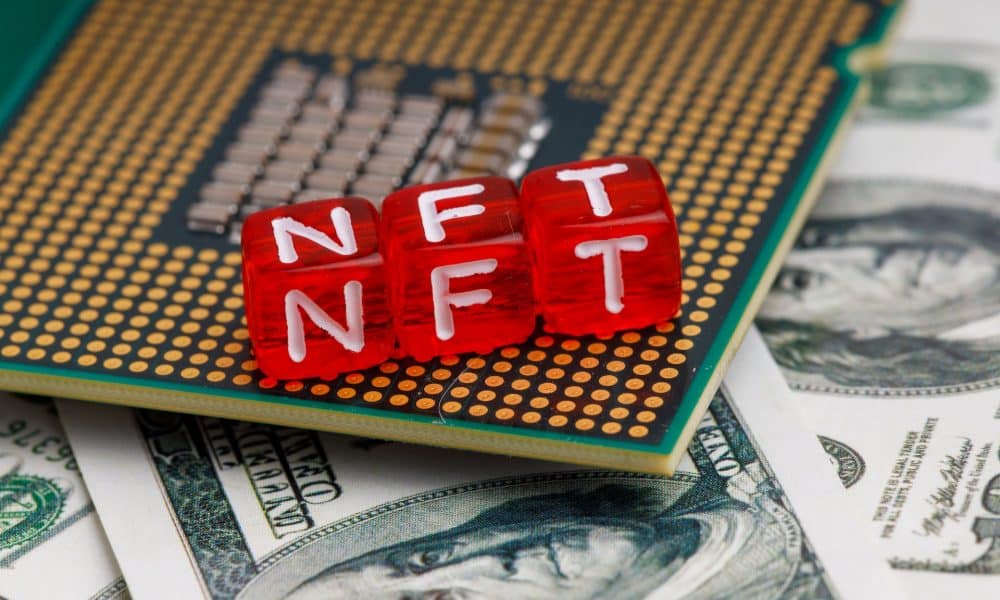The debate over creator fees or royalties on NFTs has been going on for a while now. Both sides, the creators and collectors, have made their case as to why or why not there should be royalty on top of the sale price of an NFT.
NFT marketplaces have become proxies in this debate, by rolling out policies that favor either side.
The fuss
The current standards in the NFT industry make it difficult to enforce creator royalties on-chain. Although artists have the option to be coded into the smart contracts that settle NFT transactions, there are marketplaces that don’t honor them or collectors who have found a way to circumvent it altogether.
While creators enjoy payouts in perpetuity, it is the collectors/traders who feel the heat when they have to shell out a royalty on top of the selling price, and given that NFTs have been fetching a decent amount lately, that royalty can add up to an uncomfortable amount for some.
NFT artists believe that they should be rewarded for their creations, not only upon the initial sale but for transactions that take place in the secondary market as well.
Marketplaces batting for collectors
The launch of Sudoswap’s SudoAMM breathed new life into the debate. Sudoswap is an Ethereum NFT marketplace that is known for not honoring artist royalties on NFT sales. Buyers and sellers are usually exempt from paying the 5% or 10% creator royalty that comes with NFTs.
Data from blockchain analytics firm Dune Analytics paints a clearer picture of what the NFT community thinks of royalty-free marketplaces like Sudoswap.
While daily volume peaked in August with a consistent weekly average, the month of September has seen the weekly volume decrease by almost 35%. The total volume, however, has been steadily rising with a current total of 26,329 ETH.
The most recent NFT marketplace that came out against royalty payments is X2Y2. The platform announced on 26 August that buyers will be able to “choose the number of royalties they would like to contribute to projects.”
Marketplaces batting for creators
In contrast to X2Y2’s decision, Solana-based NFT marketplace Magic Eden released a royalty enforcement tool earlier this week. MetaShield gave creators the option to flag NFTs that bypass creator royalties.
Within days of its launch, the tool has had mixed reviews on Twitter, with collectors voicing their disappointment while creators lauded the platform’s efforts to secure their interest.
Magic Eden has defended MetaShield, reiterating the general sentiment that “hardworking creators deserve to be rewarded and paid”. Magic Eden expressed that creators were getting punished by having collections traded on zero royalty marketplaces
NFT giants like OpenSea do honor the royalty amount set by artists, while also providing the option to turn it off. The settlement, however, is not immediate. OpenSea acts as an intermediary and only sends royalties after the platform receives them.


